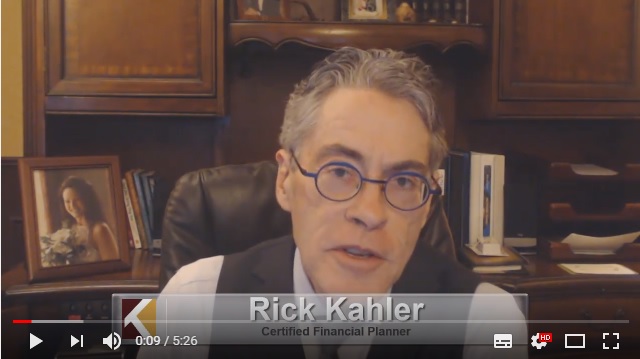The following blog is by Amy Jo Lauber originally published on her blog page.
The Envelope System.
Paying your electric bill by walking (or taking the bus) down to the electric company and handing over the $2.00 that was set aside in the envelope.
Sending your kids to the store when they are 7 & 8 to get a pot roast, a bunch of onions and a bag of potatoes for dinner.
These are not scenes from 2014.
Instead we have auto pay, debit cards, credit cards, coupons galore, frequent flier miles, rebates, multiple sales fliers in each Sunday’s paper (how many people are honestly looking for a sale on Neosporin?). (On that note, if you ever want to understand the fancy term “behavioral finance,” just think of what a sale or coupon – or BOTH!!!! – can do to a consumer’s behavior.)
Budgeting these days is a matter of trying to pull out financial Jenga pieces from your budget before you get the dreaded overdraft fee or a credit card payment decline at the gas station and everything crashes down.
It’s the decision of which online budgeting software to use, trying to capture what you spent last month on coffee, lunches out, Neosporin (sorry, had to throw that in), and a strategic coercion of items into categories (is our cable bill a household expense or entertainment?).
You know what our parents didn’t have? Cable.
You know what else they didn’t have to contend with?
- Computers


- Monogrammed backpacks
- Internet providers
- A ridiculous back-to-school shopping list
- Cell phones
- Pet insurance
- Bicycle helmets
- Flash drives
- Online photo storage

- K cup machines

- Nike Air sneakers
- Gym memberships
- ATMs
- Children’s car seats that “expire” every two years
Our parents didn’t even have to budget for these items or budget around these items, they didn’t exist.
You know what else they didn’t have to think about? 401(k) plans. You know why? They didn’t live long enough to worry about retirement.
Is it any wonder why you cannot emulate how your parents budgeted (if, indeed, you wanted to)? We live in a different world, so we need to keep the tactics that worked (discipline, saving, playing cards with friends instead of going out to dinner for $100+ a pop) and revise everything else for the now.
How do we do that?
By carefully focusing on what is really important to you and giving yourself permission to ignore the rest.
We have fantastic quality of life, and many of us will enjoy a long life to boot. But we need to finance life, and that’s the hard part. The key is keeping your eye on financing your life and not your neighbor’s life.
That’s tough to do because we humans are hard-wired to compare ourselves to others and, if feeling deficient, have a tendency to believe that we can increase our appeal with a purchase.
I met a great woman at a conference this week who told me a trick to helping people manage their spending. She said to list the feeling or result that every purchase produces and look for a common theme (such as “it makes me look better”) and then find something to do or create that produces the same feeling/result without costing any money. Brilliant! I would add that whatever is not spent on unnecessary purchases can be saved..it’s YOUR money! You get to keep some, you know.
For more ideas that will suit your family’s life and budget, check out Cathi Brese Doebler’s website and materials titled “Ditch the Joneses.”
Photos (aside from the one of my dearly departed and sorely missed cat) courtesy of ClipArt.
About the author: My mission: I help people make good financial decisions with confidence. My purpose: I help people find peace with money. As President of Lauber Financial Planning, I provide financial advice, guidance and coaching on a fee only basis (no products, no commissions). I run a monthly support group called “I HATE Budgeting (But I Like Having Money)”, offer classes and seminars, speak around the world on the psychological, sociological, spiritual and emotional aspects of personal finance, and am the author of the ground-breaking book, “Living Inspired and Financially Empowered: Aligning Our Spiritual and Material Lives.”






Our parents also had common sense, you don’t spend more than you make. You never buy on credit, family & friends are more important than having material things.
Our parents also had common sense, you don’t spend more than you make. You never buy on credit, family & friends are more important than having material things.